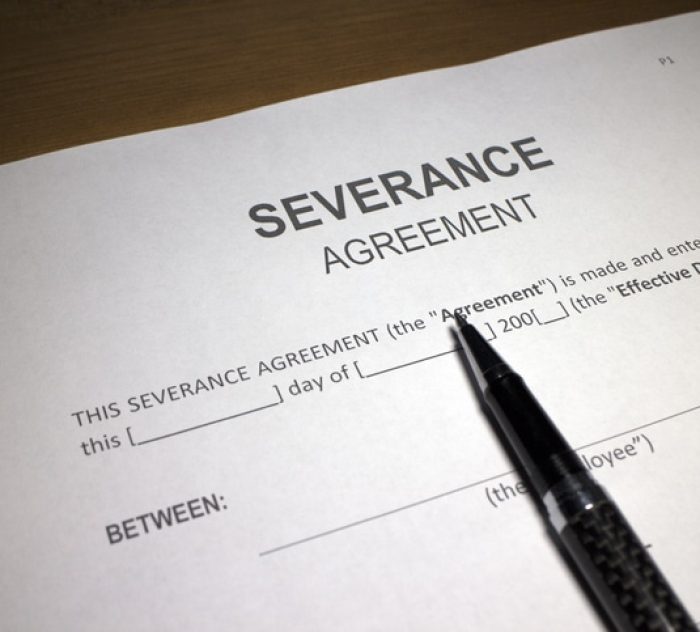Following the recent declaration that certain confidentiality and non-disparagement clauses in severance agreements are unlawful,[1] the National Labor Relations Board (NLRB) General Counsel released a memo on May 30, 2023 (GC 23-08)[2] announcing that the offer, maintenance, and enforcement of non-compete provisions in employment contracts and severance agreements violate the National Labor Relations Act (NLRA), except in certain circumstances.
What does the new guidance say?
GC 23-08 takes the position that, except in limited circumstances, non-compete provisions violate Section 8(a)(1) of the NLRA because they interfere with or restrain employees’ rights to “to engage in other concerted activities for the purpose of collective bargaining or other mutual aid or protection.”
Specifically, non-compete provisions that deny or limit employees’ ability to quit or change jobs chill employees from engaging in the following activities protected under Section 7 of the NLRA:
- Concertedly threatening to resign to demand better working conditions;
- Carrying out concerted threats to resign or otherwise concertedly resigning to secure improved working conditions;
- Concertedly seeking or accepting employment with a local competitor to obtain better working conditions;
- Soliciting their co-workers to go work for a local competitor; and
- Seeking employment, at least in part, to specifically engage in protected activity with other workers at an employer’s workplace.
The only identified exceptions to the broad prohibition are (1) non-competes that only restrict managerial or ownership interests in a competing business, or (2) non-competes with independent contractors.
What is the impact of this Memo?
Although GC 23-08 is concerning for many employers, its impact is limited because (1) the NLRA does not apply to agreements between employers and supervisors or governmental employees; and (2) is only guidance, not binding law.
The NLRB General Counsel has laid out the position the office will take in prosecuting NLRA violations, but the NLRB will have to adopt the General Counsel’s interpretation of the broad reach of Section 7 of the NLRA and survive any challenges in court before GC 23-08 becomes law.
What should companies do?
In light of GC 23-08 and the Federal Trade Commission’s (FTC) proposed rule,[3] employers should revisit their current practices around non-competes. Employers that determine they have a legitimate business reason to continue utilizing non-competes should limit its use to supervisors and other members of management.
Employers who decide to eliminate non-competes for employees below the supervisory level should proactively take steps to nullify those agreements. Simply deciding not to enforce these agreements does not eliminate the risk of an NLRB claim. GC 23-08 states that merely maintaining unlawful non-competes violates the NLRA.
Employers who continue to utilize non-competes should prepare for the possibility of defending claims before the NLRB. In the past, employees have lacked the resources or avenues to challenge non-competes. Unfortunately for employers, GC 23-08 creates more opportunity for employees to challenge the enforceability of non-competes and may result in an increase in legal claims employers have to respond to.
[1] See our prior article summarizing the McLaren Macomb decision and subsequent NLRB General Counsel Memo: https://www.poynerspruill.com/thought-leadership/standard-severance-agreements-require-review/
[2] GC 23-08 available here: https://www.nlrb.gov/guidance/memos-research/general-counsel-memos
[3] The FTC’s proposed rule would ban employers from entering into new non-competes, render current non-competes illegal, and require employers to notify employees that their current non-competes are no longer enforceable. https://www.poynerspruill.com/thought-leadership/no-more-non-competes-not-so-fast/


